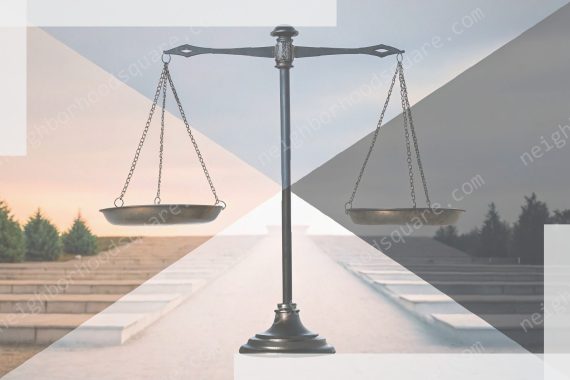Bailey Legal Group Overview
In an increasingly competitive legal market, boutique firms like Bailey Legal Group thrive by offering specialized expertise and personalized service on a scale that larger legal teams cannot provide. Founded in 2017, Bailey is an absolute powerhouse in the workers’ compensation sphere, and we’re pleased to have them as this week’s featured Firm of the Week.
"The approach we took was to focus exclusively on one area. Workers’ compensation law is the focus of our firm, and that allows us to be experts in this area," founding and managing partner Britany Bailey tells us.
Bailey Legal Group currently consists of 5 attorneys, including 3 equity partners, and support staff who are all trained in the intricacies of workers’ compensation law. As her specialty, Britany maintains focus on workers’ compensation, while her partners also focus on subrogation, general liability, and medical malpractice.
Bailey Legal Group markets to insurance companies and self-insured entities, but they also represent some individuals. The firm’s efforts have led to Bailey Legal Group being recognized as one of the top 10 law firms in volume of accepted cost hearings in 2018 by the California Division of Workers Compensation (DWC).
"There’s not much that keeps us up at night because we work really hard at getting ahead of each case as much as possible. Because we are workers’ compensation lawyers , we’re essentially in the business of denying claims on behalf of our clients," says Britany. "That means that we really strive to get as much information and documentation from our clients as possible, and to give our clients really well-organized and reasonable settlement proposals so that we can resolve the cases at the earliest possible point with a minimum of litigation, time, and expense. The goal for all of us here at Bailey is to be problem solvers and to be strategists based on our clients’ goals."
In their focus on detailed clients services, Bailey Legal Group utilizes Clio and Docketwise to streamline their processes and deliverables. According to Britany, "When our clients ask us for the status of a case or the availability of files or documentation, it’s all at our fingertips. That’s important, because that’s what makes our clients want to work with us."
Bailey Legal Group has built their reputation in the workers’ compensation field by focusing on winning their specific cases, and clients know they can count on the firm for consistent results and quality. In the important words of Britany, "Knowledge and service really are our best assets."
…
Read More





